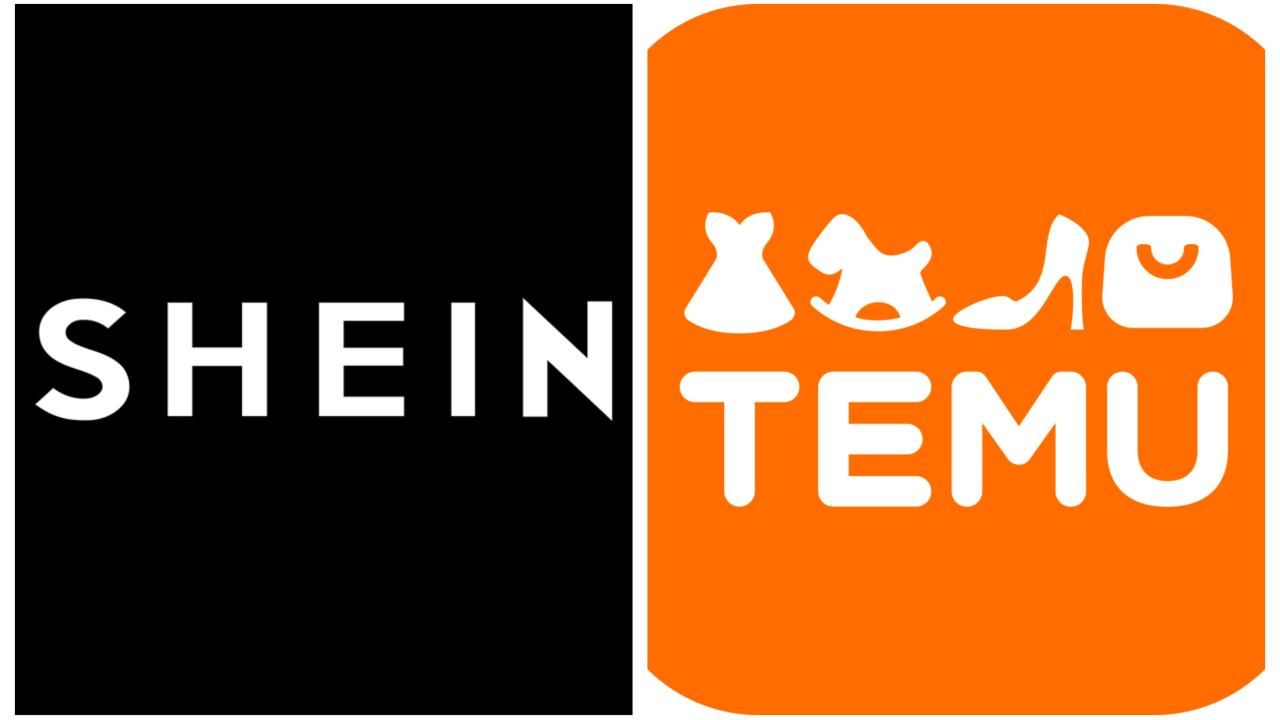
According to the National Chamber of the Clothing Industry (Canaive), the crisis has led to the loss of more than 20,000 jobs in the clothing industry and an 8% decline in production this year.
The Mexican clothing industry is experiencing a “nightmare” due to unfair competition from large fast fashion clothing platforms such as SHEIN and Temu, as well as the increase in imports of undervalued clothing from China. The results: an 8% decrease in production and the loss of more than 20,000 jobs by 2024.
Juan Pablo Maauad, incoming president of the National Chamber of the Clothing Industry (Canaive) said: “We are experiencing a decrease in the value of production of products made in Mexico that is around 53 billion pesos (US$ 2.719 billion), and our percentage drop of 8% in the last quarter is a very significant and very worrying amount.”
He pointed out that in 2023, 1 million packages of clothing from China entered through e-commerce platforms, causing unfair competition for the industry, since they evade paying 41% taxes when entering the country.
According to INEGI figures, in August of this year alone, clothing imports increased by 14.4% with a value of US$ 5,363 million, compared to the same month in 2023, when clothing worth US$ 4,688 million was imported.
At a press conference, the business leader regretted that clothing imports, mainly from China, have continued to rise over the past three years. While in 2020 the value of clothing imports stood at US$ 4,266 million, by 2023 they rose to US$ 7,394 million.
“What we propose to correct this problem of unfair competition is that the government as a regulator is responsible for building a level playing field for all economic actors. Everything that is imported into Mexico must be done under the same regulations and pay the corresponding taxes,” Maauad said.
The clothing entrepreneur dedicated to the manufacture of industrial safety clothing said that this problem has caused job losses.
He explained that 1.2 million jobs are related to the entire textile-clothing chain and related service providers, where 68% of these jobs are specifically in clothing.
He said that in January, 280,000 garment jobs were registered with the IMSS, and by September, 20,000 jobs had been lost, mainly for women.
Canaive will seek out the government of President Claudia Sheibaum Pardo to work in a coordinated manner to combat illegality. Although the SAT has implemented some actions to contain imports from China, it is also necessary for the authority to act as a market regulator and build a level playing field.
He explained that it is not necessary to apply more compensatory quotas or tariffs, only that the e-commerce platforms that sell clothing and other products from Asia by parcel should pay the import taxes.
Juan Pablo Maauad recommended improving the efficiency of customs, which has not yet been demonstrated when it comes to handling illegal imports. “We need more technology in our customs, automated risk identification systems, systems that allow us to identify imports, undervaluation and illegality.”
He added that the Chamber actively participates in the training and education of State agents in customs so that they know how to identify this type of illegal activity and complement it with technology.
“We are one of the industries with the greatest potential to take advantage of the relocation phenomenon and we are ready with the capabilities to be able to grow a lot and quickly if we have a correct strategy as a country. This has been one of the elements of the public policy expressed by the President and this is a sector that is ready to take advantage of nearshoring,” he said.










